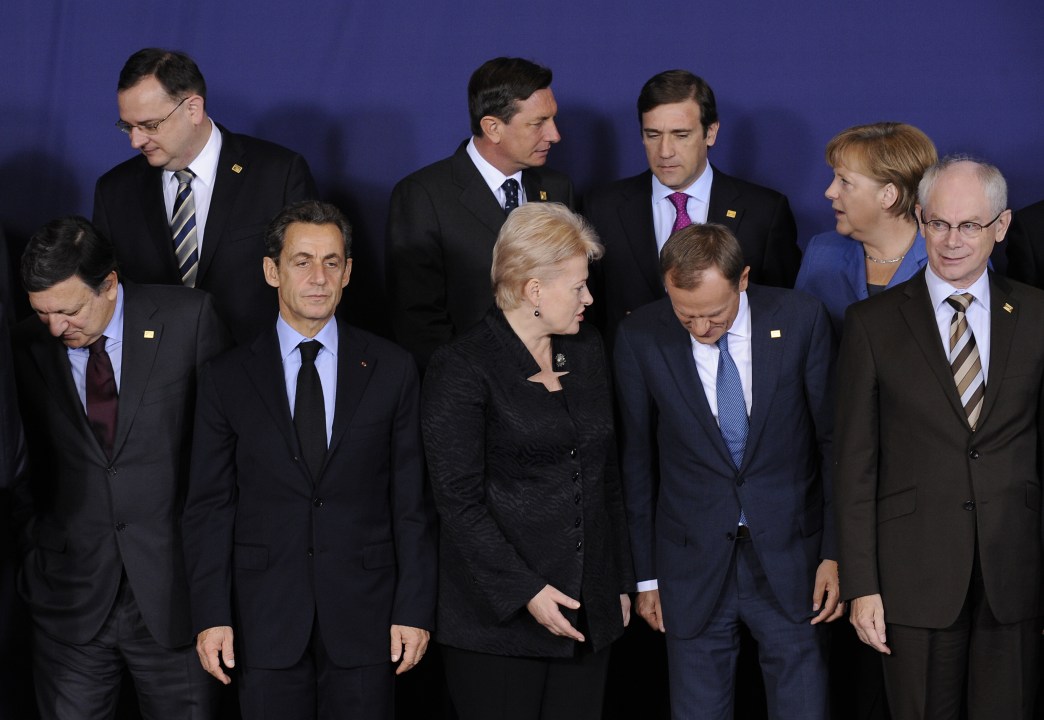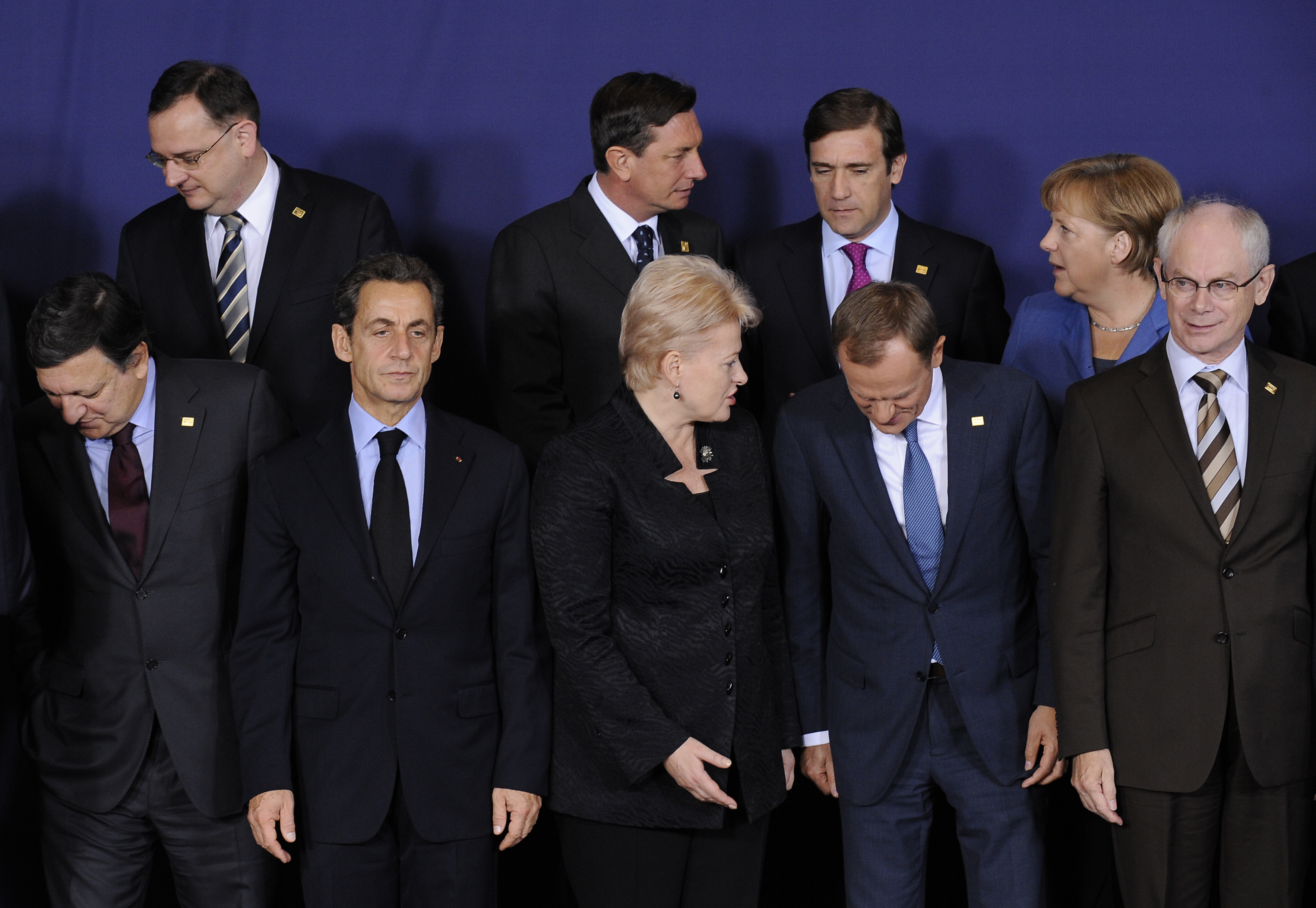 Yesterday, Fraser wrote that ‘reporting of European issues tends to ignore public opinion’. Today, Philip Stephens has
neatly illustrated Fraser’s point in his Financial Times column. Musing on Britain’s possible exit
from the European Union, Stephens writes:
Yesterday, Fraser wrote that ‘reporting of European issues tends to ignore public opinion’. Today, Philip Stephens has
neatly illustrated Fraser’s point in his Financial Times column. Musing on Britain’s possible exit
from the European Union, Stephens writes:
Stephens’ conjecture ignores the European Union’s own polling, which, as Fraser says, shows most Britons to be hostile to the EU. That said, Stephens’ article is substantial. He argues that ‘fiscal union carries its own remorseless logic: the progressive exclusion of Britain from Europe’s economic decision-making’.‘I am not sure this is what the prime minister intends; nor, when it comes to it, that British voters will accept such an outcome.’
The magnitude of George Osborne’s wish that the 17 eurozone states follow the ‘remorseless logic’ of fiscal union is becoming clearer. Closer union is unlikely to take place without affecting the wider single market. Countries outside the 17 have a number of choices: they can drift from the negotiating table until membership of the EU becomes pointless, they can strive to maintain the status quo as far as possible, or they can move closer to the inner core. Cameron and Merkel’s ‘understanding’ over the Working Time Directive is not the moment of high drama desired by many on the right. Indeed, former Labour minister Pat McFadden argues that Merkel and Cameron are brothers-in-arms against the WTD. Whatever the cause, their collaboration suggests that Britain is pursuing the second course of action: maintaining its voice at Europe’s top table in the hope of ensuring that the single market is fully liberalised.
Britain’s continued economic reliance on the European Union necessitates this diplomatic approach, or so the Foreign Office has long counselled. For instance, prior to this summer’s convulsions, Vince Cable and William Hague were exhausting considerable energy by stoking opposition to the protectionist and illiberal instincts of the European Commission and several member states, notably France. The re-emergence of Gaullist Michel Barnier’s Tobin tax as an EU policy objective, first mooted in the autumn of 2009, indicates that those instincts have revived during this latest crisis. The British government is openly determined to resist the tax and other forms of protection. President Sarkozy’s coldness to David Cameron at a recent EU summit visibly expressed the tension between the two countries, which exists within the uneasy context of further political integration.
Naturally, Britain will need allies if it is to traverse this awkward European path. On Sunday, James asked if the new Spanish government might prove to be a friend in time. It may yet, although the Economist’s Bagehot correspondent makes a compelling case that Prime Minister Rajoy’s priorities lie with Germany. As the integration masque begins, the other 9 non-euro EU states are also of immediate concern. Might they move closer to the 17? Some in Westminster have been intrigued by the situation in Denmark – one of Britain’s most trusted continental allies since the days of Maastricht. The new Danish prime minister, Helle Thorning-Schmidt, is avowedly pro-European, having served at Brussels in the Party of European Socialists between 1999 and 2004. She still publicly states that Denmark would benefit from membership of the single currency. The wily Angela Merkel has been courting Thorning-Schmidt, calling her the person to ‘build a bridge’ between the 17 and the rest. It’s all very cosy. Danish public scepticism has forced Thorning-Schmidt to concede that now is not the time for Denmark to join the euro; but there is little doubt of the direction in which she is trying to take her country, whose premier trading partner is Germany.
The remorseless logic of ever closer union may impede the pursuit of Britain’s perceived interests; and the government appears intent on caution rather than pyrotechnics at present. Certainly, the mass repatriation of power seems distant.







Comments